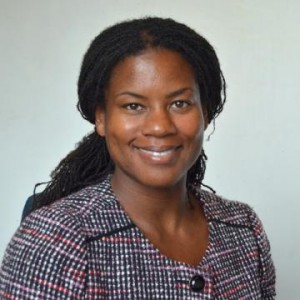https://www.dropbox.com/s/u9bizp06n14a1ah/interview%20lydia%20edwards_01.mp3?dl=0
Lydia Edwards is the Deputy Director of the Boston Office of Housing Stability, the first of its kind in the US. I first met Lydia at a Cambridge Residents Alliance event last Sunday, where she discussed her office’s purpose and the programs they have developed, including tax credit incentives for landlords to keep rents at affordable prices, a resolution in the works that would require just cause for evictions, and manuals for both tenants and landlords on their rights and the resources available to them. I was able to get a short interview with her during lunch – she has been very busy since she is taking a leave of absence to run for city council starting tomorrow.
Lydia has an interesting take on gentrification and displacement because of her legal background and her experience as a landlord herself. She believes that both tenants and landlords must be at the table in discussions of displacement. She describes gentrification as a market force that should not be used synonymously with displacement, and believes that it is actually possible for a neighborhood to be gentrified without displacing the existing communities if the community is invested in equally. Lydia and her office are both deeply involved with existing community organizations, such as Vida Urbana and the Cambridge Residents Alliance. Lydia goes to Vida Urbana meetings on a monthly basis to get suggestions for resources to work on.
When I asked her about her opinions on MIT’s influence on Cambridge land and housing, she emphasized that while universities are a big part of the Cambridge/Boston culture and a big part of this area’s “draw,” universities should build more dormitories so that students are not over-saturating and competing people in the housing market, rather than using marketing tools and community liaisons like the Volpe center.
Unfortunately, her PR representative had me cut the microphone before the interview was complete, but her biggest dream for 2030 is to be a mother and to see Boston’s housing market reflect an economically diverse community.
